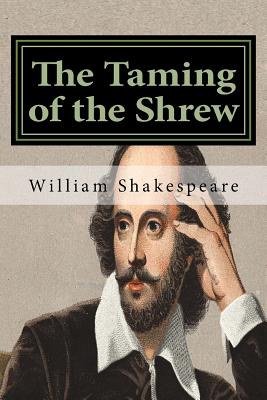


Marlowe is also the only playwright to use the word “metaphysics” or any variants: “metaphysical” appears in The Shrew, and “metaphisickes” in Faustus. This is the exact inverse of what emerged from passages firmly attributed to Shakespeare.Įxamples that are unique to Marlowe’s canon and found nowhere else in English drama of the time include the phrase “to be achieved”, which appears in both The Shrew and Marlowe’s Tamburlaine, part 1, with exactly the same spelling – “to be atchiev’d”. He added that the database search discovered that Marlowe has at least 10 times more unique parallels in scene 3 than Shakespeare. There may be parallels in that to Faustus.” Nance said: “It’s the scene that presents to us a disaffected scholar, someone who has abandoned the higher learning to experience a more physical and sensual form of being.

In scene 3, the characters of Lucentio and his servant Tranio arrive in Padua. Christopher Marlowe, best known as the author of Doctor Faustus, in about 1585.


 0 kommentar(er)
0 kommentar(er)
